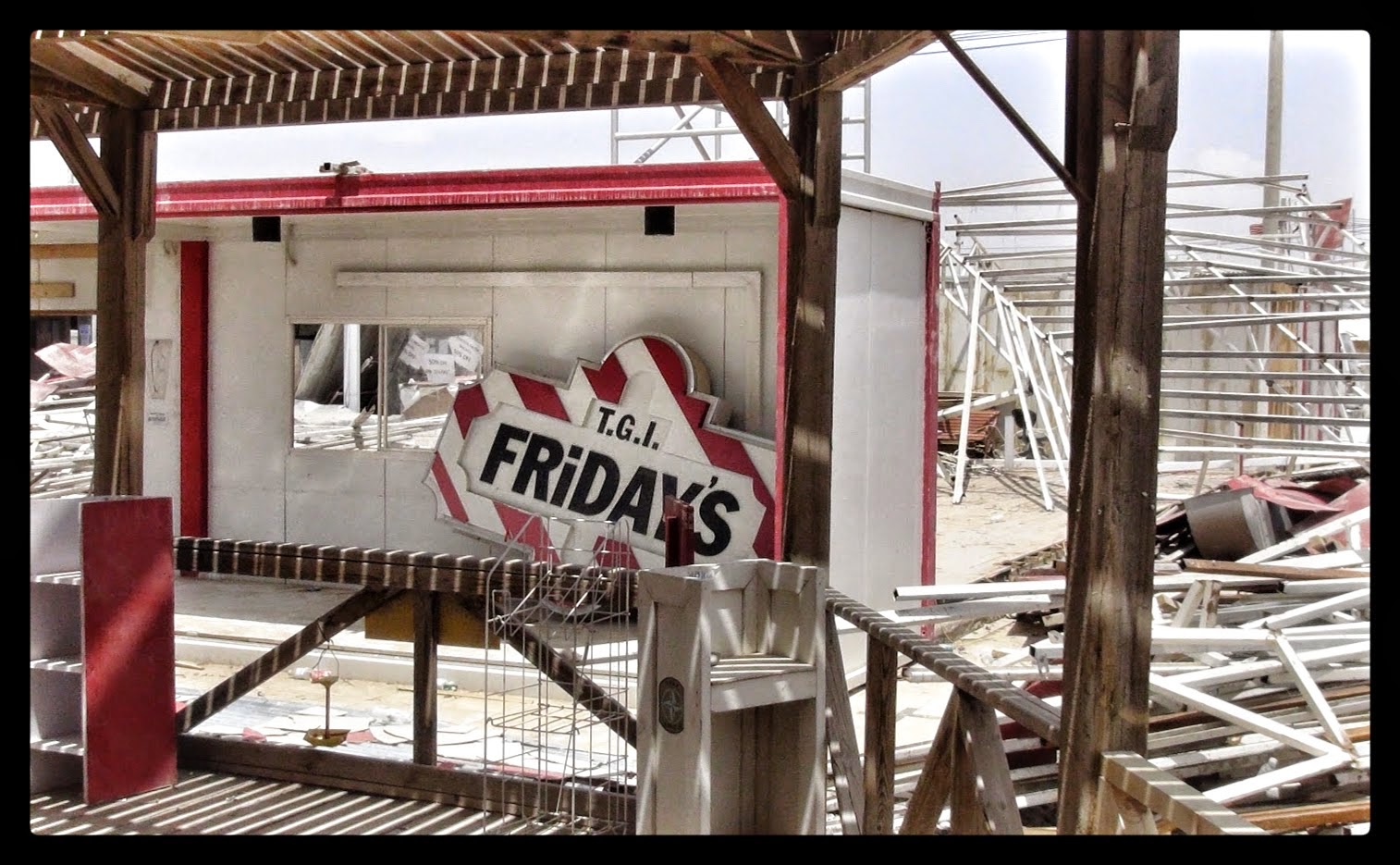That’s what I heard another Soldier say as we passed each other by the other evening. He said it in utter frustration, half to his buddies, half to me.
He was probably an E-7, sergeant first class. I know he wasn’t lower, because an E-6 staff sergeant wouldn’t care. Any higher and he would have stopped me for sure. But I wear the sergeants’ stripes with one rocker, so an E-7, only one rank higher than me, would not be so sure that I wasn’t E-7 in the dark, and he wouldn’t have wanted to look like a total a**hole to someone of equal rank.
But perfectly content with being an a**hole to someone of lower rank, he split the difference, yelling at the night air and hoping that I was sufficiently shamed to justify his self-satisfaction at having corrected an ate-up Soldier.
Was I wearing the uniform improperly? Probably. The supposed violation was either in the gloves or the fleece. I have heard that it is “unauthorized” to wear gloves without a jacket, and that, conversely, it is unauthorized to wear a jacket without gloves. They go together you, see. Except they don’t. At least I think not. For the past three years I have been in a doctoral program at an R1 university, and I can barely make heads or tails of those darn Army regulations. I could find no prohibition on wearing gloves without a jacket.
Oh, that brings me to two additional points. Reading a uniform regulation should not be harder than reading a troubleshooting manual for the reactor in a Nautilus-class submarine. So give some joes a break for not knowing everything. And don't make stuff up and just throw around words like "authorized" to make it sound legit. If you've read-- actually READ-- the regulation, then you can speak to it. But you haven't read the regulation.
Maybe it wasn't the gloves, but the fleece cap. I was wearing the coyote tan one. A foliage green (read, “gray”) fleece cap is authorized for wear with the combat uniform, and it matches perfectly the green and gray universal camouflage pattern (“digital camo”) that has become emblematic of the Army in the past ten years. But out here, the gray stands out like a clean-shaven Taliban fighter. But wearing a fleece cap that actually matches the color of the uniform in theater might get one yelled at (sort of) by a zealous E-7. And perhaps the coyote tan fleece is authorized. Deviant uniform wear is often prescribed by policy of the command or garrison.
None of that is important thought, for the purposes of this post. What I want to know is, why did my appearance bother the guy so much? What is going on in that' guy's life to get him so worked up?
My hard-core active duty friends will no doubt say the usual stuff about discipline, but then, the big Army guys we went out with tonight all wore their coyote tan fleece caps.
You can probably tell where I stand.
But what do you think?
 |
| Not SSG Stowell |
But perfectly content with being an a**hole to someone of lower rank, he split the difference, yelling at the night air and hoping that I was sufficiently shamed to justify his self-satisfaction at having corrected an ate-up Soldier.
Was I wearing the uniform improperly? Probably. The supposed violation was either in the gloves or the fleece. I have heard that it is “unauthorized” to wear gloves without a jacket, and that, conversely, it is unauthorized to wear a jacket without gloves. They go together you, see. Except they don’t. At least I think not. For the past three years I have been in a doctoral program at an R1 university, and I can barely make heads or tails of those darn Army regulations. I could find no prohibition on wearing gloves without a jacket.
When the cold-weather coat or other authorized cold-weather outer garments are worn, Soldiers may wear the olive green scarf and gloves, but are not required to do so. DA PAM 670-1 Para 5-7.That certainly doesn’t mean that the E-7 didn’t think he was right. The Army has no shortage of Soldiers who know made-up regulations like the back of their ungloved hands.
Oh, that brings me to two additional points. Reading a uniform regulation should not be harder than reading a troubleshooting manual for the reactor in a Nautilus-class submarine. So give some joes a break for not knowing everything. And don't make stuff up and just throw around words like "authorized" to make it sound legit. If you've read-- actually READ-- the regulation, then you can speak to it. But you haven't read the regulation.
Maybe it wasn't the gloves, but the fleece cap. I was wearing the coyote tan one. A foliage green (read, “gray”) fleece cap is authorized for wear with the combat uniform, and it matches perfectly the green and gray universal camouflage pattern (“digital camo”) that has become emblematic of the Army in the past ten years. But out here, the gray stands out like a clean-shaven Taliban fighter. But wearing a fleece cap that actually matches the color of the uniform in theater might get one yelled at (sort of) by a zealous E-7. And perhaps the coyote tan fleece is authorized. Deviant uniform wear is often prescribed by policy of the command or garrison.
None of that is important thought, for the purposes of this post. What I want to know is, why did my appearance bother the guy so much? What is going on in that' guy's life to get him so worked up?
My hard-core active duty friends will no doubt say the usual stuff about discipline, but then, the big Army guys we went out with tonight all wore their coyote tan fleece caps.
You can probably tell where I stand.
But what do you think?







.JPG)


.JPG)










